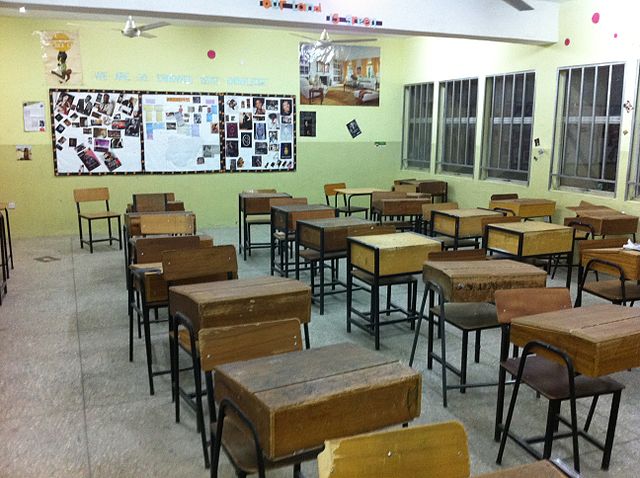Public learning institutions are shut down since last week after close kindergarten, primary and secondary schools were ordered to stop activities, then followed colleges and universities who were in recess at the time.
Some private schools issued notices to parents on how to continue with programmes through virtual classrooms via information and communication technology (ICT) facilities.
The International School of Tanganyika (IST) is one among schools that have closed campuses for staff and students but not learning itself.
A public notice posted on its website just after the closure of the school affirmed that the school will be moving learning activities to online platforms. “Teachers and staff will be working remotely,” it stated.
“To ensure the safety of the IST community through this difficult time, we have closed both campuses to students, parents, staff and the public,” it stated, elaborating what should be done during the closure period.
Online learning requires regular access to a computer with an internet connection facilitated by high speed broadband access. It is highly recommended for optimal learning experience while some courses require advanced ICT facilities.
While these requirements are basic needs for some parents and schools, they are a pipe dream for the majority of parents especially those banking their children’s education in public schools.
Apart from e-learning, some private schools have designed a month-long homework package for pupils to keep them busy during the period.
Interviews conducted by The Guardian yesterday found mixed feelings, with some observing the need for “serious measures to be taken to ensure that when learning resumes, all pupils become the same level.”
One of the parents, Joseph Thomas, whose son is in standard six at an English medium private located at Segerea in Ilala municipality, commended the creativity made by private schools saying that pupils will continue learning at home instead of staying idle.
“I have today received a message from my son’s teacher instructing me to go and take a holiday package for their monthly homework. Why can’t public schools do this?,” he demanded.
He challenged teachers in public schools to adopt such creativity, arguing that the majority of parents these days can access learning materials from teachers via mobile applications such as WhatsApp.
But Salum Rajabu, whose two children study at Maendeleo primary school— a public school located at Mbagala Kuu in Temeke municipality, said since the closure of the schools last week there has been no communication with teachers on how to continue with learning.
“What I see is that some parents who bought text books encourage their children at home but for the rest, learning will resume once schools open,” he said.
He expressed fears that there could be a wide gap of knowledge between pupils who continue with learning during the 30-days and those who stay at home without any learning to do.
But for Anna Muga, a parent with pupils at a private preschool and primary school located at at Salasala within Kinondoni municipality, parents have a responsibility to cultivate friendship with teachers as that can lead to continuity of learning in unprecedented times such as these brought about by COVID-19.
“My sons continue with assignments as usual as if they are in school thanks to good cooperation with the school administration. Our children will not be affected by the closure compared to their counterparts in public schools, ”she said with some relief.
Joyce Makassy, resident of airport zone said she had received a message from the head teacher of Iringa-based public secondary schools urging parents to ensure that their children continue with studies at home as per the syllabus.
“I encourage my son to revise on the materials they were taught before the closure so that when they start he will not have to go back,” she added.


